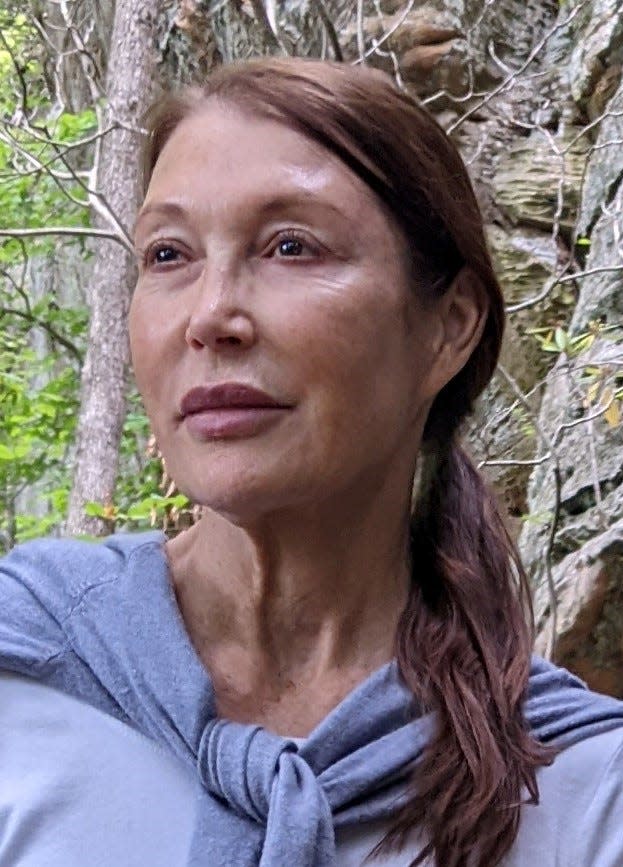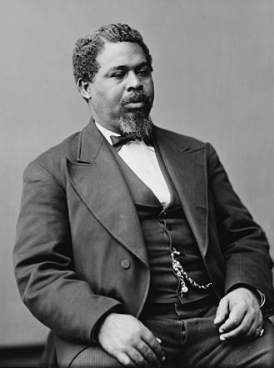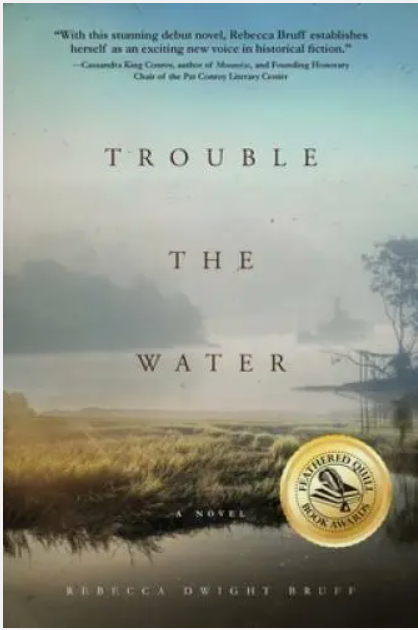MONROE — Cynthia Olsen is going to South Carolina this spring because of Robert Smalls.
Olsen of Monroe is the author of two books, “The Home for Friendless Children” and the children’s title “Old Crabby Turtle.”
Smalls (1839-1915) was a slave during the Civil War who risked his life to free his family from slavery. Later, he became a representative in the South Carolina House and helped pass a Civil Rights bill.
“I was so touched by his story that this spring my husband, Rob, and I plan to visit Robert Smalls’ home in Beaufort, S.C. We have never been to the area,” Olsen said.
Olsen learned about Smalls last summer at a writers conference in Bellingham, Wash. “Writing What You Don’t Know (and Why You Should)” with Rebecca Bruff was one of the conference’s offerings.

“I had always heard the phrase ‘write what you know.’ I had to sit in on this one,” Olsen said. “Rebecca began telling us a story so captivating and unbelievable that even today, all these months later, I’m still carrying the story and the man in my heart.”
Bruff told the class that while traveling to her daughter’s graduation in South Carolina, she and her husband went off course and took a carriage tour of Beaufort.

The carriage driver told the travelers, “Beaufort was the home of Robert Smalls, the slave who stole a Confederate ship full of guns and ammunition, sailed it out of the Confederate harbor under the cover of darkness, picked up his slave wife and children on the way, continued on his treacherous journey into Union waters, hoisted up a white flag and surrendered the whole ship to the North,” Olsen said.
The Union naval officer who witnessed the incident wrote to the Navy secretary in Washington, “Robert, the intelligent slave and pilot of the boat, who performed this bold feat so skillfully, informed me of (the capture of the Sumter gun), presuming it would be a matter of interest. He is superior to any who have come into our lines — intelligent as many of them have been,” Olsen said.
Later, Smalls learned to read and write, and in 1868, was elected to the South Carolina House of Representatives.
“He was very effective and introduced the Homestead Act and introduced and worked to pass the Civil Rights bill,” Olsen said. “He started several successful businesses with other former slaves and even purchased his former master’s house, where he was born in a floorless back building, and lived there in peace until his passing in 1915 at the age of 75.”
Writer conference host Bruff said after the carriage ride she went home to Texas and tried to research Smalls, but she found nothing. She returned to Beaufort and wrote her own book about Smalls called “Trouble the Water.” She even moved her family to Beaufort permanently.

“When her class ended, I literally ran to the conference bookstore, bought her book, decided to skip my last class and headed up to my hotel room,” Olsen said. “I jumped on the bed, clipped on my reading light and began.”
Olsen has since done some of her own research on Smalls.
“I was shocked to read that this remarkable man even allowed the wife of his former slave master to move back into the house when she fell ill in old age,” Olsen said.
During the spring trip, the Olsens want to experience some of Smalls’ life.
“We hope to take the same carriage ride that author Rebecca Bruff took, and we plan on touring the home where Robert Smalls was born into slavery and that he eventually bought for himself and his family. It is on the U.S. Registry of Historic Places,” Olsen said. “I’d like to visit his gravesite and to see the actual harbor where he worked and where his incredible act of bravery and daring took place.”
Subscribe Now: For all the latest local developments, breaking news and high school sports content.
“That Robert Smalls showed such compassion and forgiveness after so much personal suffering was very inspiring to me, and I want to honor his memory by visiting his home,” Olsen said. “This Black History Month of February, let us all remember and honor the brave and incredible souls, many unnamed and forgotten, who fought and continue to fight for freedom and equal rights for all people.”
— Author Cynthia Olsen can be reached at clolsenwrites@gmail.com. Contact reporter Suzanne Nolan Wisler at swisler@monroenews.com.
The prologue from Rebecca Dwight Bruff’s “Trouble the Water”:
May 13, 1862
Before this decisive night, I’d not fully appreciated the subtle line between inspiration and insanity. But now, with all our lives at risk, I found myself navigating that most perilous edge.
Only the enslaved can fathom the price and the cost of freedom – life or death itself. Not only my life, but that of my wife and our children. And not just my family’s, but those of my crewmates. Would we live an unknown future of freedom or perish to the dark and watery depths? Men. Women. Babies. Fifteen lives hanging in the balance, entrusted to me.
Every moment, every experience, every longing led here. Every work-weary day, every sorrow-soaked night, every step on every road, every hurt and every hope, every echo of the cry of every slave I’d known, every whisper of every distant dream.
Tonight. Now. Or never.
This article originally appeared on The Monroe News: Monroe author inspired by story of former slave Robert Smalls
Signup bonus from




